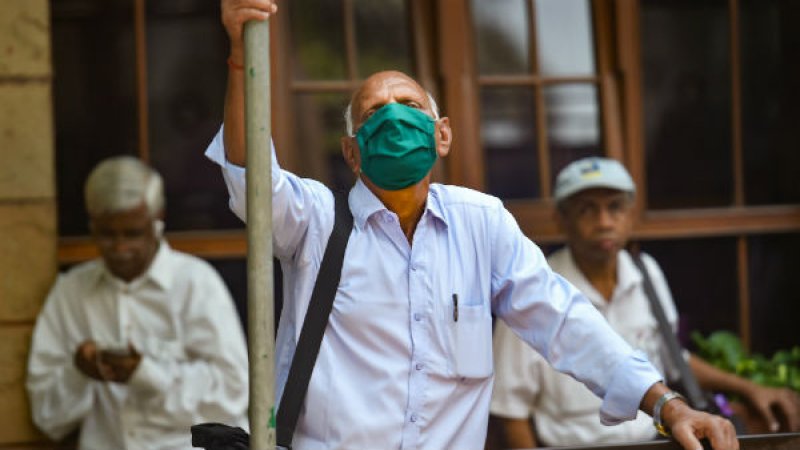I am deeply concerned that the social, economic and public health consequences of this near total meltdown of normal life — schools and businesses closed, gatherings banned — will be long lasting and calamitous, possibly graver than the direct toll of the virus itself.
…
Worse, I fear our efforts will do little to contain the virus, because we have a resource-constrained, fragmented, perennially underfunded public health system. Distributing such limited resources so widely, so shallowly and so haphazardly is a formula for failure.
…
If we were to focus on the especially vulnerable, there would be resources to keep them at home, provide them with needed services and coronavirus testing, and direct our medical system to their early care. I would favor proactive rather than reactive testing in this group, and early use of the most promising anti-viral drugs.
…
Just as important, society as a whole could develop natural herd immunity to the virus. The vast majority of people would develop mild coronavirus infections, while medical resources could focus on those who fell critically ill. Once the wider population had been exposed and, if infected, had recovered and gained natural immunity, the risk to the most vulnerable would fall dramatically.































